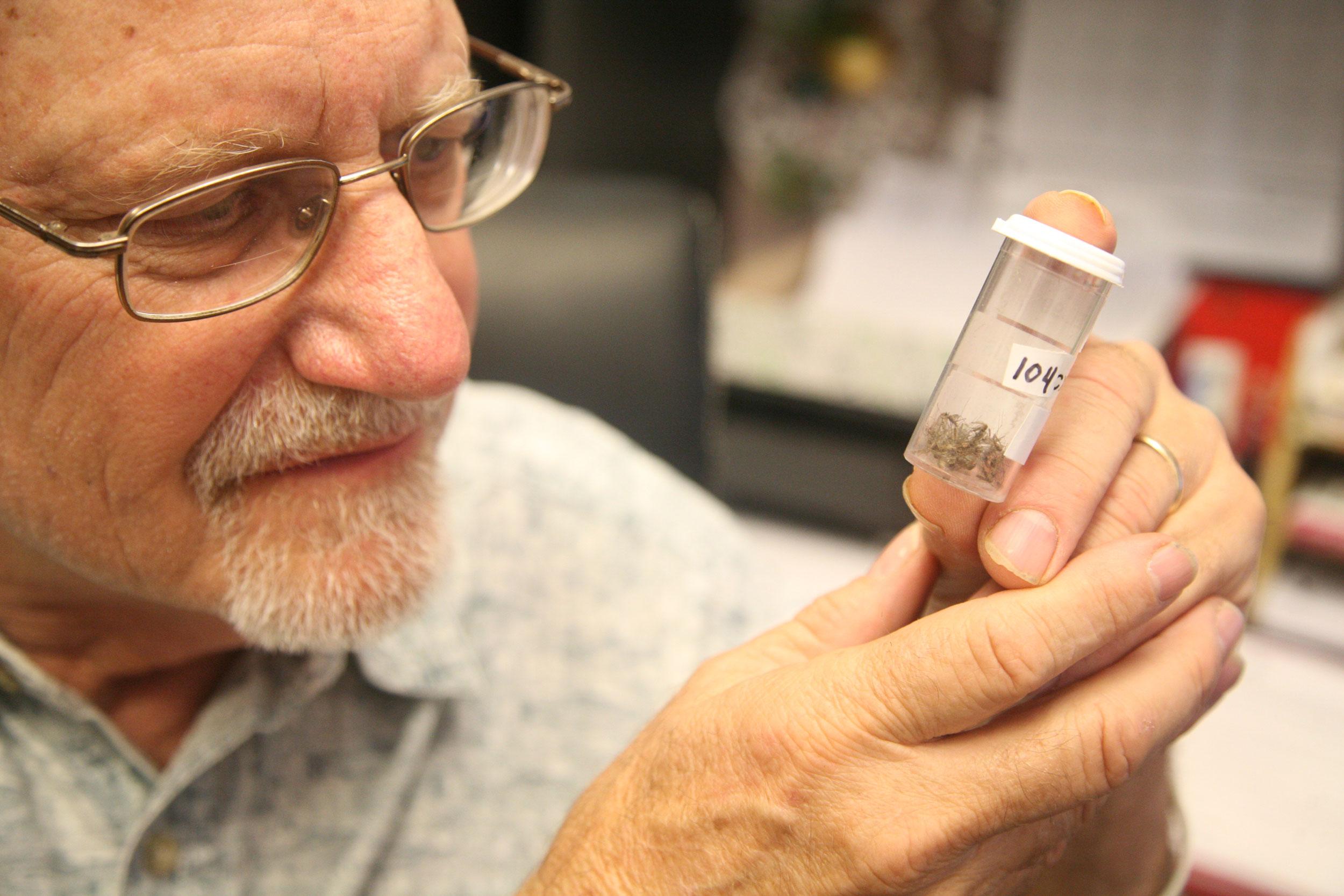
West Nile cases in Colorado are at their highest level in nearly a decade, as cases, reports of serious symptoms and hospitalizations have doubled since September.
Colorado has seen a five-year average of 99 cases of West Nile virus per year. That’s relatively low compared to historic trends, due to low reports of cases in 2017, 2018, and 2020.
State public health officials have reported 195 cases and 13 deaths so far this year. In 2021, there were 175 cases and 11 deaths. While overall numbers remain similar to last year’s, there is one outlier that has caused concern. The number of neuroinvasive cases, when infected people develop a severe illness that impacts the central nervous system, has so far reached 122 cases — the most since 2003, when the state first began tracking West Nile cases.
Last month, health experts warned cases would continue to rise due to higher than average temperatures and a hot, moist summer.
West Nile virus is most commonly spread through mosquito bites. The virus is not spread through respiratory droplets or fluids. As weather cools, cases are expected to dwindle and slow until higher temperatures return.
This year, a majority of cases came from Boulder, Montrose and Weld counties.
Health experts say covering exposed skin while outdoors lowers the risk of contracting West Nile virus and to dump out warm standing water, where mosquitoes often breed, or treat with pesticides to prevent mosquito populations from growing.









